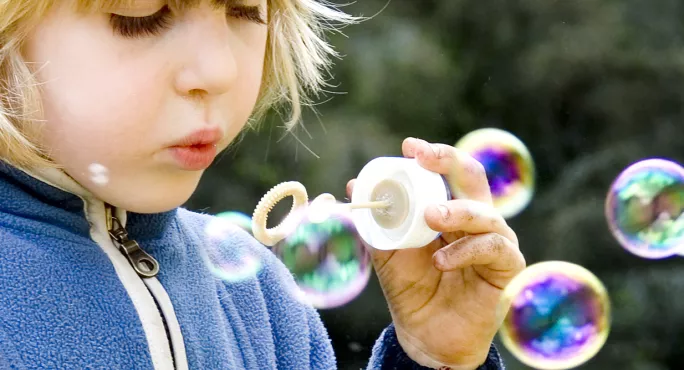Most educators would probably agree that the concept of creativity is a force for good.
As we navigate a rapidly changing world, the notion of creativity has become elevated within the educational discourse and is high on the agenda in schools hoping to develop this 21st-century skill in pupils.
This is not a new phenomenon, though.
Creativity rules, OK?
I once worked in a school that was committed to developing pupil creativity. Teachers were shown Sir Ken Robinson’s famous 2006 TED talk, in which he argues that creativity is as important as literacy.
With more than 65 million views, the most-watched TED talk of all time describes an education system that systematically educates children out of their creative capacity. Robinson references Picasso, who said that all children are born artists; the problem is to remain an artist as we grow up.
We were told that, in order to improve pupil creativity, we must adapt our instructional approach, providing greater opportunities for pupils to direct their own learning.
We were encouraged to embrace chaos. An active classroom with lots of sound and movement was surely a sign that pupils’ minds were fizzing with creative activity.
Stop and think
This sentiment suggests that creativity is innate to children and that schools are damaging creativity.
But, when we think about it, is it realistic for us to assume that our pupils already possess a genuine capacity for creativity?
If we define creativity as the ability come up with inventiveness, or an ability to come up with an original idea, then our pupils would need to be experts. But they are not. They are novices.
There is a view that traditional teacher-led classrooms have the potential to stifle pupil creativity but this just plays into the stereotype of what creativity actually is.
The word alone conjures up explosions of colour and messy splashes of paint. As paradoxical as it may seem, I have found that, for creativity to flourish within the classroom, the opposite is true.
Creativity needs rules
Creativity requires the acquisition of knowledge and skills within a specific domain, taught by an expert.
To be a great painter, you need to know a lot about painting and spend time developing your painting technique. It is only by developing knowledge and lots of repetition in a particular field that one can elicit true creativity.
The same principle is true for the jazz musician. Often seen as the epitome of creativity for their ability to improvise and break the rules, jazz musicians must first learn the rules, before they start breaking them.
When we consider those in society whom we celebrate as truly creative, they share the same qualities: an incredible amount of knowledge and years of experience to develop expertise in their field.
Creativity is demonstrated in every aspect of human achievement. From Thomas Edison to Marie Curie or Andy Warhol, those we extol as truly brilliant were able to innovate through the slow and sustained mastery of their subject. In other words, lightbulb moments don’t come out of thin air.
Not an abstract skill
Creativity and the arts are often conflated with the view that, if we give children artistic opportunities, somehow that creativity will translate to other areas.
I spend a great deal of time each day in other people’s classrooms. If a student has shown creative application within the drama studio, then does that mean they will demonstrate the same level of creativity in their art classroom? Simply, no.
Creativity is not an abstract skill, it is domain-specific. For our pupils to be truly inventive, they need to have a deep and thorough understanding of their subject. The greater the knowledge, the more creative possibilities the pupil can access.
So, what does that mean for the teacher? Is it wrong to want to develop creativity in pupils? Of course not. But teaching for creativity’s sake is futile.
When we focus too much on trying to achieve creativity, we undermine the prerequisite foundational knowledge, structure and routine that actually enable it.
George Coles is head of expressive arts at a secondary school in Nottingham, and an Ofqual drama subject expert. He has an MA in education from the University of Nottingham. He tweets as @MrColesDrama

